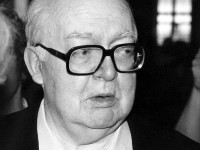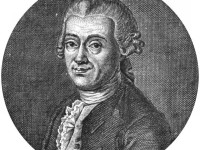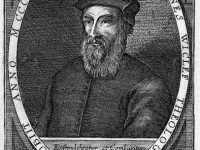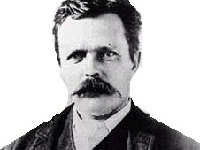Friedrich Dürrenmatt’s ‘The Physicists’
On January 5, 1921, Swiss author and dramatist Friedrich Dürrenmatt was born. Dürrenmatt was a proponent of epic theatre whose plays reflected the recent experiences of World War II. The politically active author‘s work included avant-garde dramas, philosophical crime novels, and macabre satire. Especially his play “The Physicists” (1961) deals with questions of scientific ethics and humanity‘s ability to handle its intellectual responsibilities. “A story is not finished, until it has taken…
Read more





















